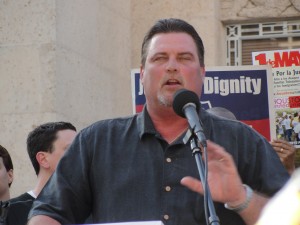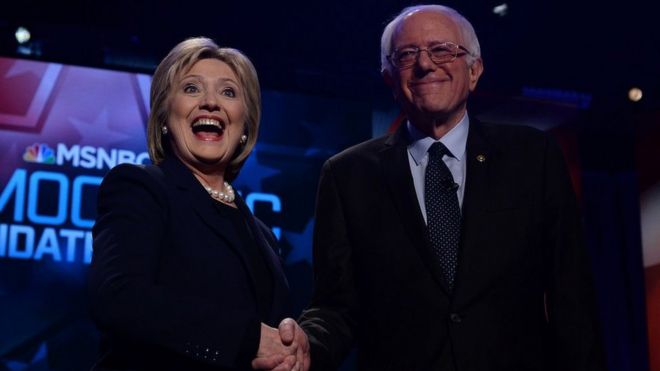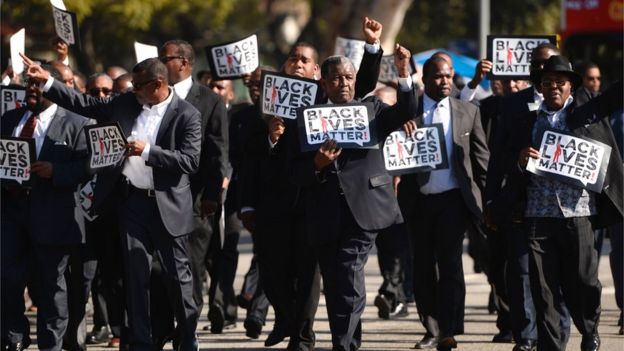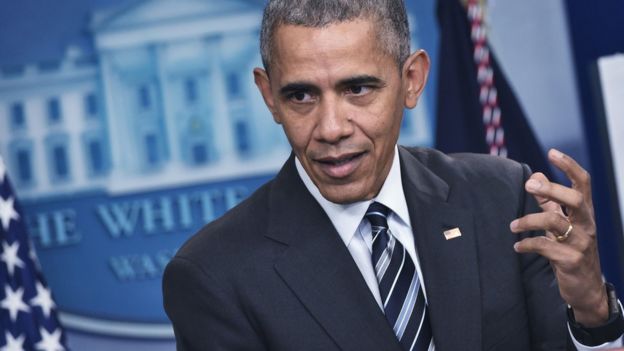HOUSTON — Across the state of Texas, working people are mourning the passing of E. Dale Wortham, a long-time leader of the labor movement in Harris County.
An electrician by trade, Dale Wortham joined the International Brotherhood of Electrical Workers (IBEW), Local 716 in his youth. He became an Organizer and served as a Vice President of Local 716. In 1995 he was elected President of the Harris County Labor Council, now the Harris County Labor Assembly, a position he held until he died. He also served as a Vice President of the Texas AFL-CIO.
In 1998 Dale was nominated to serve on the Harris County Hospital District Board of Managers, now Harris Health System, and did so until April, 2016. He was the longest serving Labor Representative on the Board of Managers.
Richard Shaw, recently retired Secretary Treasurer of the Harris County Labor Council, said, “From the day we were elected together in 1995, Dale and I worked closely together on many issues facing workers. Dale was the consummate Union Organizer. Together, we made it our business to assist Unions in their organizing efforts and to speak out in the news media, the Justice Bus, on the picket lines and demonstrations whenever and wherever possible to shine a light on then many injustices that workers suffered. Dale advocated for all workers and he led our efforts to reach out and assist immigrant workers. Dale believed that an injury to one was an injury to all and that organized Labor represented every worker. There was no better Trade Unionist than Dale Wortham. Rest in peace, Dale. The ‘shit-storm’ (one of his many colorful expressions) is now behind you.”
John E. Easton, Jr., Business Manager and Financial Secretary of IBEW, Local 716, said “It’s a very sad day in the labor movement. We lost a great friend and brother. It’s times like these that really make us reflect on our actions and decisions in life. The work of those with the passion and desire to help elevate the lives of others by working hard for the labor movement seems thankless at times, but there is no better feeling than empowering others. Brother Wortham did just that, sacrificing everything for the good of working families. We cannot choose when or how we die, but we can choose how we live. Dale Wortham lived.”
The Texas Gulf Coast Area Labor Federation, AFL-CIO is an umbrella organization coordinating the political, community, and educational programs of 74 unions in 13 Gulf Coast counties representing 50,000 workers in the building trades, service, manufacturing, transportation and communication, & public sectors.
















